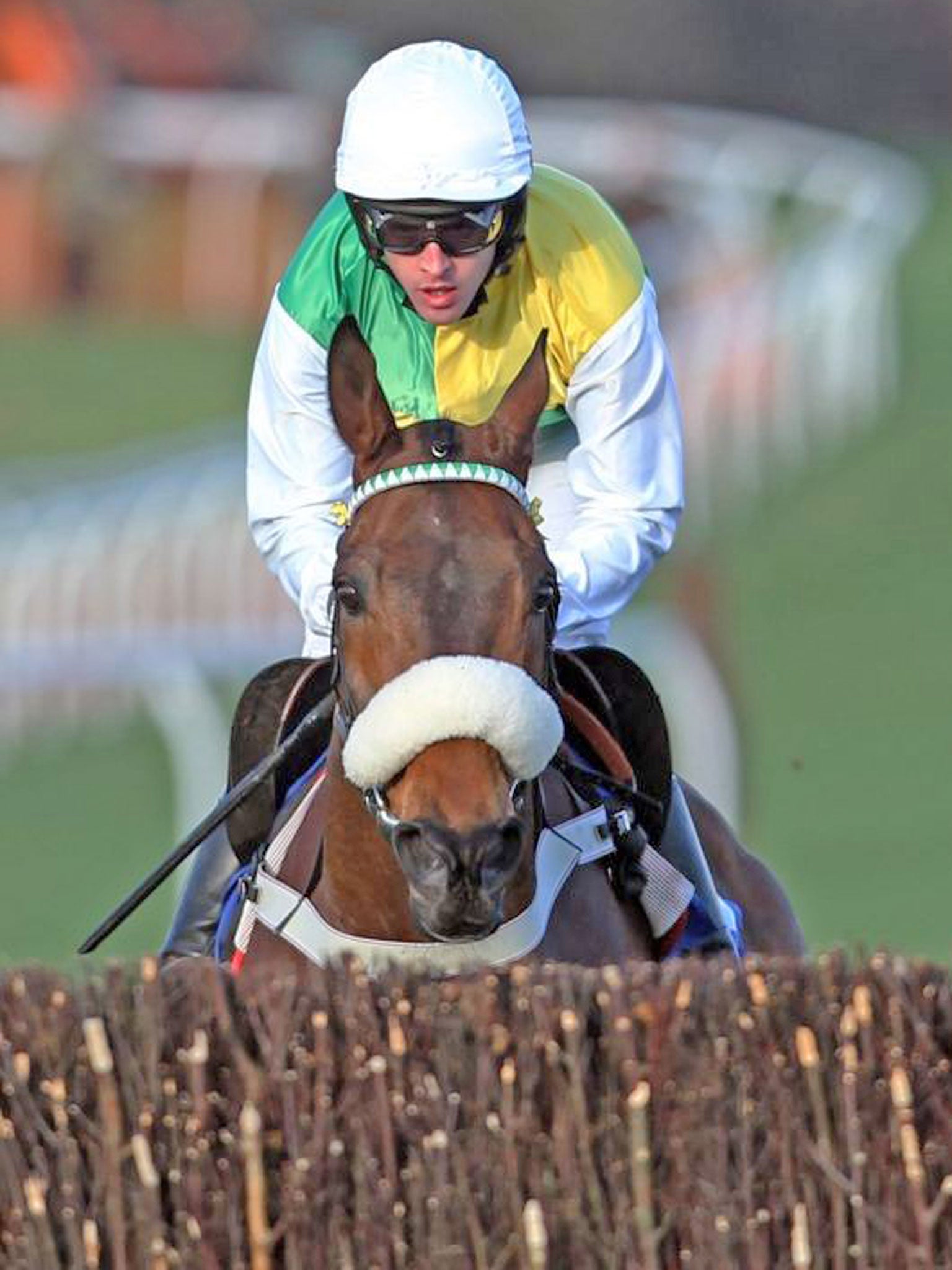All eyes on Aintree with racing's reputation on the line

Your support helps us to tell the story
From reproductive rights to climate change to Big Tech, The Independent is on the ground when the story is developing. Whether it's investigating the financials of Elon Musk's pro-Trump PAC or producing our latest documentary, 'The A Word', which shines a light on the American women fighting for reproductive rights, we know how important it is to parse out the facts from the messaging.
At such a critical moment in US history, we need reporters on the ground. Your donation allows us to keep sending journalists to speak to both sides of the story.
The Independent is trusted by Americans across the entire political spectrum. And unlike many other quality news outlets, we choose not to lock Americans out of our reporting and analysis with paywalls. We believe quality journalism should be available to everyone, paid for by those who can afford it.
Your support makes all the difference.As far as this year's Grand National is concerned, it will matter less who wins or loses, than how the game is played out. The deaths of high-profile contenders Synchronised and According To Pete in the race 12 months ago caught the attention of a world wider than racing's sometimes over-cosy family.
Further fatalities at Aintree on Saturday will send a chill down the spine of the authorities of a sport becoming increasingly marginalised (funding is a struggle, gates are up only if there is the attached lure of a pop concert and the National itself is seeking a new sponsor) and dependent on tawdry promotion extolling the supposed virtues of glamour, celebrities and betting.
One of its many problems is that society is now some three generations adrift from the days when horses were part and parcel of life and the public not only had a real interest in which was the best of them, but also a knowledge of the sometimes grim realities of the management of stock.
Whether or not animals should be bred to serve human needs and desires and die for them, whether by design in an abattoir or accidentally on a racetrack, is a relatively modern moral question and a perfectly valid one. But it is a much wider debate than defined by events at Aintree and, in its broadest sense, getting an answer in the negative is high on the agenda of some of those shrillest in their condemnation of the National.
If we accept the premise of using horses for our vicarious pleasure – whether as rider, spectator or punter – then we must also accept the risks involved, for man and beast. And the argument that the equine half of the centaur partnership has no choice in the matter must be considered specious and even trite; of course it does not.
The Grand National can never be made wholly safe, only as safe as possible without compromising its reputation as one of the sport's greatest tests and spectacles. Whether or not the organisers, who have introduced a raft of welfare measures since last year, have the balance right will be evident on Saturday.
As to who does win or lose, it may be the turn of the Irish, looking for a first success since 2007, when Silver Birch became the last in a flurry of six in nine years for the raiders.
The Willie Mullins-trained On His Own will be looking for compensation a year on – last year he was going eyecatchingly easily when he came down at Becher's on his second time round.
With dual winner Ruby Walsh in the saddle the nine-year-old will start a warm favourite; at longer prices two others also on a recovery mission, Rare Bob and Chicago Grey, who were both brought down at the fifth last year, are ones to watch. For the home side Teaforthree and former winner Ballabriggs are perhaps the best hopes.
Join our commenting forum
Join thought-provoking conversations, follow other Independent readers and see their replies
Comments